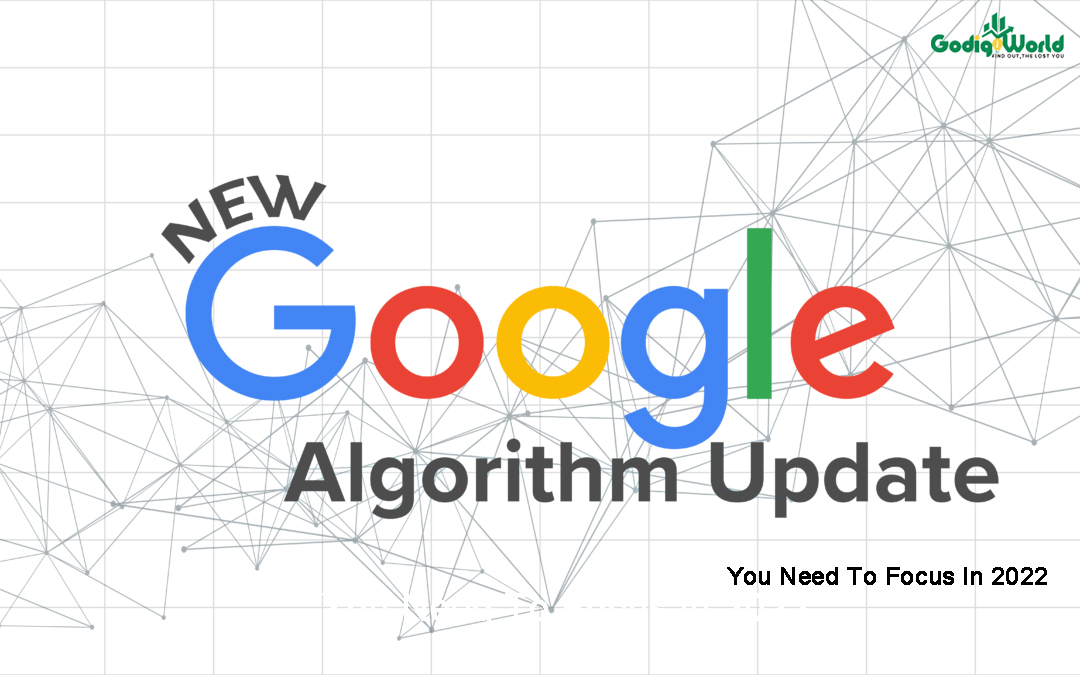Getting and retaining the top position in search results is a common liking and goal of every website owner. Search engine optimization (SEO) people plan and implement different tactics to improve visibility in organic search results but getting the desired ranking has been a marathon task for SEO and digital marketing teams. Google is on a continuous spree to deliver a seamless experience to its users better and better; therefore, we come across Google algorithm updates one after the other.
Importance of Knowing the Latest Google Algorithm Update
Google search results algorithms change more often than these stay the same. Most SEO masters and marketing experts confirm that Google makes a change to its search algorithm around 500 to 600 times a year it is almost once and twice each day. If you are going with a particular SEO plan, you may not get the expected results. Even the existing ranking may suffer from a jolt to surprise your marketing team leaving organizations clue to valid reason.
The most discussed issue in the community of SEOs is that Google hardly informs about an update. The only way to succeed in retaining and improving the existing rank is to track Google algorithm updates regularly and to update your marketing practices accordingly. If you do not make it a habit to track Google algorithm updates, you may experience-
• Sudden drop in website rank
• Sudden drop in traffic and leads
• Ineffective SEO practices that were good some time back
• More SEO efforts and low results
The Latest Google Algorithm Updates That Severely Impacted Websites
1. Google Product Reviews Update (April 8, 2021): Google confirmed that this update is completely rolled on December 21, 2021. The prime objective is to promote the review content that is above the template information serve on web pages.
2. Broad Core Update (November 17, 2021): This update introduced some changed to main search algorithm. The major losers from the Core Update rolled were websites having thin content or the website offering advice related to relating to purchase recommendations, reviews, finance, law education, health, etc.
3. Spam Update (November 3, 2021): Powered by AI, Spam updates targets the violation of specific promotion guidelines. It targets the websites delivering no value to clients. It hit the websites using Black Hat SEO techniques.
4. Page Experience Update (June 16th, 2021): It scales a set of signals related to users experience of visiting a web page. It also scales metrics related to page loading time, visual stability, Mobile usability, Security issues, HTTPS usage, and interactivity.
5. Multitask Unified Model (June 2021): This update makes BERT update more powerful. MUM is 1,000 times powerful than BERT. Visual search via Google Lens, image recognition, Subtopics for users, multilingual content like aspects are at the core of Multitask Unified Model update driven by AI.
How to Track Google Algorithm Update
Many SEOs think that Google algorithm updates are to penultimate the websites but you should think otherwise- ‘Google algorithm update award the websites following the white hat rules ensuring quality pager experience to users’. The ROI of SEO depends upon how accurately and fast you trace the algorithm update and make the changes in on-page and off-page parameters. Certain reliable tools may help you track and understand the latest Google algorithm updates-
• Algoroo (Tracks the performance of more than 17,000 keywords)
• Accuranker ‘Grump’ Rating (Highlights fluctuations in Google’s algorithm)
• SEMrush Sensor (Tracks rank changes in more than 20 categories for desktop and mobile searches)
• MozCast (Like a weather report tool that senses “temperature” reflecting turbulence of Google’s algorithm during 30 days)
Concluding Note
Using the right SEO tools to address the ever-changing demands of new Google algorithm update is critical. Whether you need to conduct keyword research, audit a website, perform competitive research, or track the ranking performance, you need to use the best tools. The top used free SEO tools are Sensor, Penguin Tool, Inspect Canonical, Moz Pro, Google Analytics, Bing Webmaster, etc.. Pro-tip: User experience, ease of interaction, and value of information are the three core domains that need continuous focus to address the challenges of Google algorithm updates.






